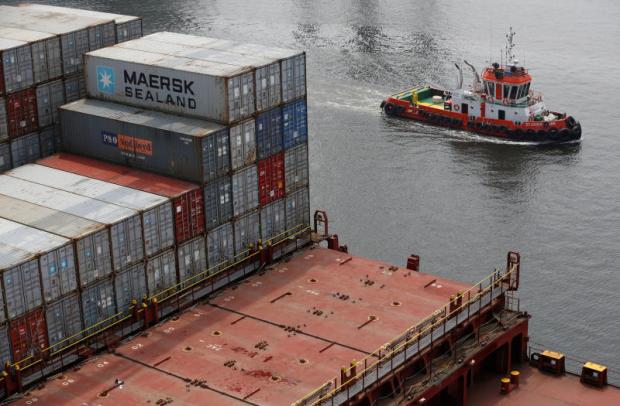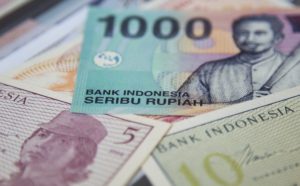Jakarta, MINA — Indonesia raised taxes on around 1,140 types of goods – from electronics to luxury cars – yesterday in a bid to curb fast-surging imports and avert a further drop of its currency value amid rising external pressure, The Straits Times reported.
Duties on 719 types of imported raw materials, and intermediary and consumption goods such as ceramics and textile, were raised from 2.5 per cent to 7.5 per cent.
Levies on 218 consumption goods such as water dispensers, air conditioners and cosmetics were also raised, from 2.5 per cent to 10 per cent.
Also Read: Saudi Arabia Wins Bid to Host World Expo 2030
Furthermore, taxes on 210 kinds of luxury goods, including cars and motorcycles, went up from 7.5 per cent to 10 per cent. The new duties take effect next Wednesday.
Finance Minister Sri Mulyani Indrawati told a briefing: “We want to show among emerging markets, Indonesia is addressing the situation through policies that reflect we understand existing challenges, respond appropriately, strengthen our fundamentals, fortify our industry, protect ourselves from external imbalance, particularly caused by capital outflow shocks, as well as try to maintain our economy well.”
Ms Sri Mulyani expects the taxes, which will be monitored on a monthly basis, to reduce import value by at least 2 per cent year on year.
The import value of the goods being hit by the tax hikes was around US$6.6 billion (S$9.1 billion) last year, and came in at about US$5 billion from January to last month, according to the Finance Ministry.
Also Read: 148 Products from Indonesia Promoted at Sarawat Superstore Jeddah
Taxes are just one of the instruments
Taxes are just one of the instruments the government is deploying to curb imports, which have contributed to a bigger trade deficit and current account deficit, putting pressure on the rupiah.
Indonesia recorded a trade deficit of US$3.09 billion from January to July, reversing a US$7.39 billion surplus during the same period last year, according to Statistics Indonesia.
Also Read: Packaging Industry Supports Halal Ecosystem
The high trade deficit has contributed to the widening current account deficit, which could hit US$25 billion this year. In the second quarter this year, it reached US$8 billion, equal to 3 per cent of gross domestic product.
Apart from the growing current account deficit, foreign investors own more than 40 per cent of government bonds.
This had made the country vulnerable to the huge sell-offs that have spread across emerging markets following United States interest rate hikes and escalating economic woes in Argentina and Turkey.
The rupiah has lost more than 9 per cent of its value against the greenback, becoming the second-worst performer in Asia after India’s rupee. It is inching near 15,000 to the US dollar for the first time since the Asian financial crisis two decades ago.
Also Read: Indonesia-Japan Agree on Energy Transition Cooperation
Other economic measures that are being employed include boosting the use of 20 per cent palm oil-blended biodiesel and halting imports of capital goods by two major state-owned enterprises – oil and gas company Pertamina and utility company PLN.
The government has also said it will delay key energy projects that are heavily reliant on imports.
Separately, President Joko Widodo said yesterday that Indonesia’s priority is to boost investment and exports to solve its expanding current account deficit.
Mr Mohammad Faisal, executive director of the Centre of Reform on Economics Indonesia, said the higher import taxes, especially those on consumption goods, will help rein in the trade and current account deficits in the short term.
Also Read: Dubai Expo 2020 Holds Special Event for Palestine
However, the measure should be supported by policies that enhance the competitive edge of import-substituting goods.
He told The Straits Times: “If the competitiveness of our locally made goods is already strong, they will beat imported goods and, thereby, imports will be under control.” . (T/RS5/RS1)
Mi’raj Islamic News Agency (MINA)
Also Read: Indonesia Increases Excise on Tobacco Products by 2022
































 Mina Indonesia
Mina Indonesia Mina Arabic
Mina Arabic